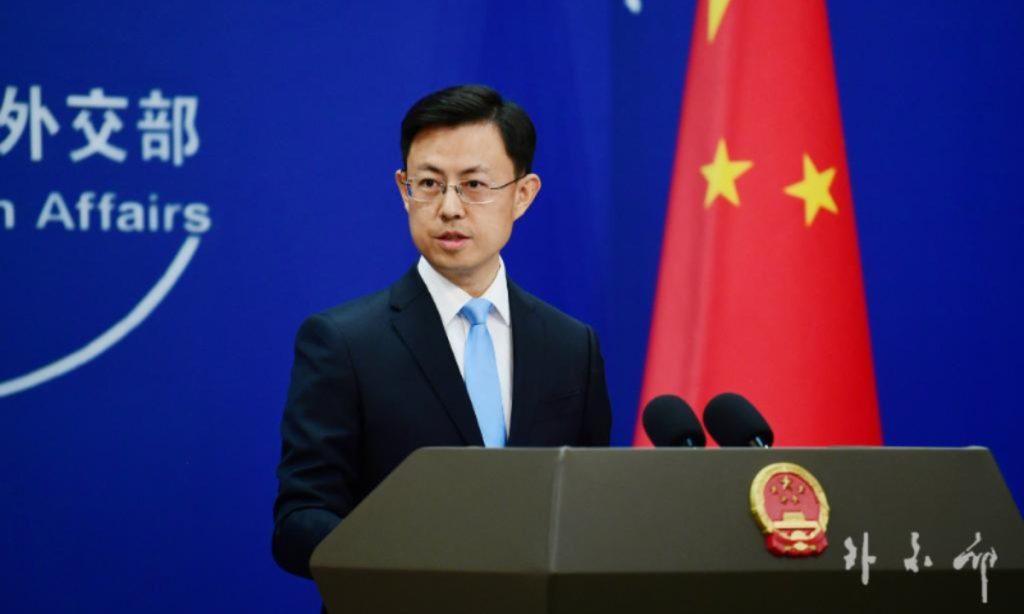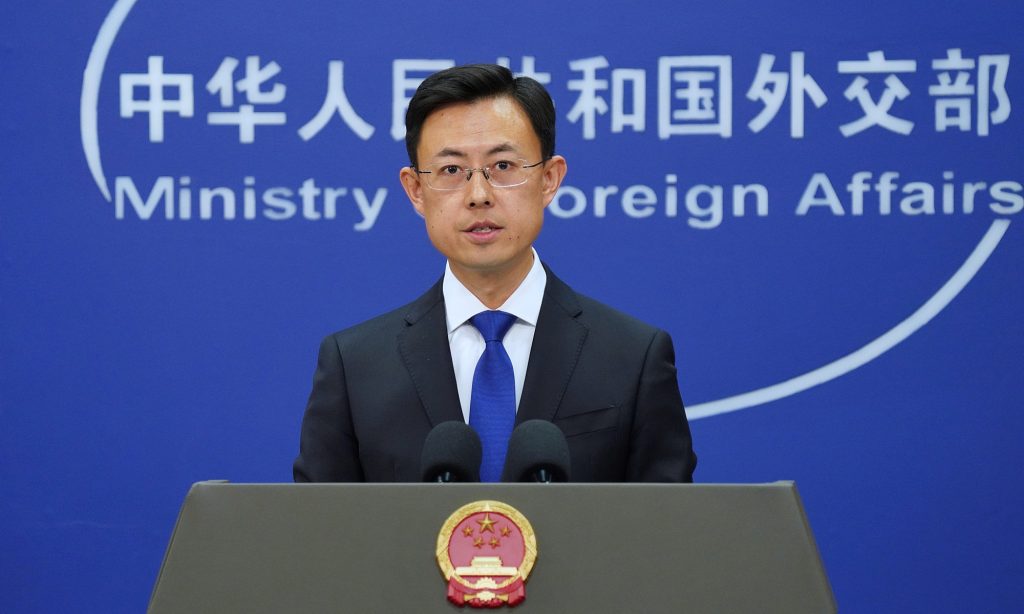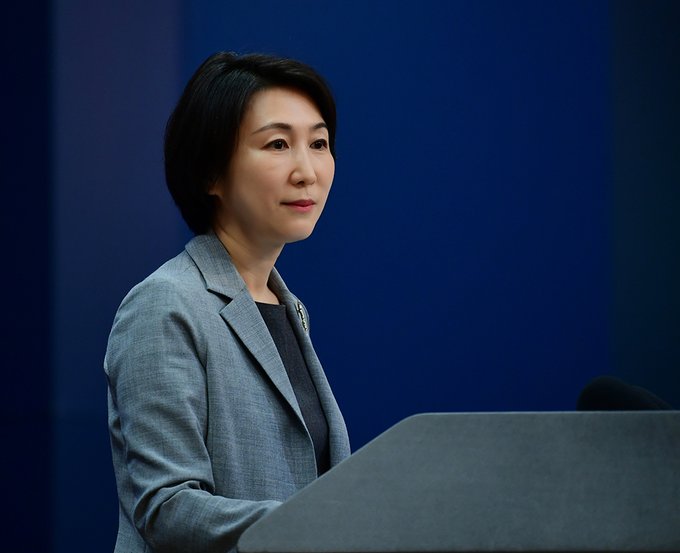Hong Kong-born giant panda twin cubs make public debut

The first twin giant panda cubs born in Hong Kong made their public debut at Ocean Park Hong Kong on Sunday. According to HK 01, a Hong Kong-based news website, the first group of visitors entered Ocean Park at 10 am to see the twin cubs, and also had the opportunity to see their parents, Ying Ying and Le Le.
Live coverage from HK 01 showed a large crowd of visitors waiting outside Ocean Park on Sunday morning. The first visitor reportedly arrived as early as 6 am. Some visitor brought panda-themed toys.
The park arranged for the public to queue from 10 am to 3 pm to visit the pandas, with an estimated 5,000 people expected daily. Each visitor is allowed to stay for about five minutes, reported Radio Television Hong Kong.
"I arrived at the Ocean Park around 9:30 am, and there were already many people. I didn't get to see panda cubs until around 10:30 am. When I came out at noon, I noticed that the waiting time remained around an hour. Despite the large crowds on the first day, the park's management was well-organized," a 25-year-old panda enthusiast surnamed Wu told the Global Times.
In the livestream on Ocean Park's official website, the twin panda cubs were seen lounging on a tree and playfully interacting.
"The panda cubs are both adorable and lively since the morning," said Wu. Taking advantage of the weekend, Wu had made a special trip from Shenzhen in South China's Guangdong Province to Hong Kong to catch a glimpse of the panda cubs in the first wave. Her RedNote profile and posts are dedicated to pandas, and she also posted three new videos of the cubs on Sunday, which quickly gained numerous likes.
The pair of giant panda cubs was born last August and their parents are Ying Ying and Le Le, the giant pandas gifted by the central government to the Hong Kong Special Administrative Region (HKSAR).
During the panda cubs debut ceremony at Ocean Park on Saturday, HKSAR chief executive John Lee Ka-chiu said that Ying Ying is the oldest first-time mother among giant pandas globally. He also stated that the HKSAR government will collaborate with the central government to promote panda conservation efforts and offer a unique experience for both locals and visitors, reported the Xinhua News Agency.
At the Saturday event, Ocean Park presented a video showing the growth of the twin pandas. When born, the female cub weighed about 122 grams, and the male cub weighed around 112 grams. Under the care of the park's team, which provides round-the-clock attention, both cubs have each grown to over 10 kilograms.
The twin cubs have not yet been officially named, and the public has been referring to them as "elder sister" and "younger brother."
Lee also announced the launch of a naming contest, encouraging residents to propose names based on the cubs' physical traits, personalities, interactions, and the endearing moments in their daily lives. The results will be announced in the first half of this year.




